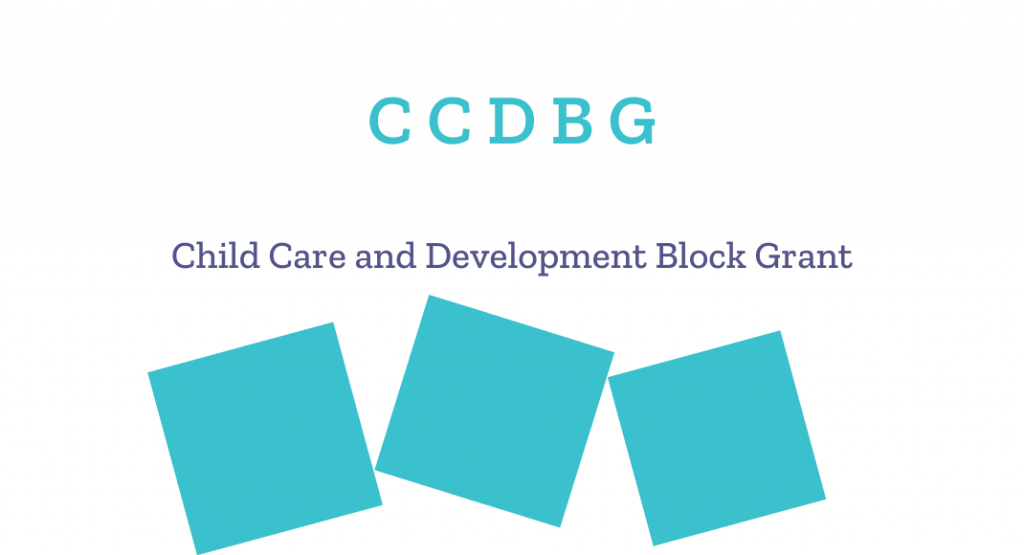
Will Congress Greatly Expand Subsidies So That More Families Can Access Child Care Services?
The March 22 hearing of the Senate Health, Education, Labor, and Pensions (HELP) Committee stressed many ways that federally subsidized child care is falling short. Despite special pandemic-response funding, many child care providers went out of business. The main federal program, the three-decade-old, bipartisan, Child Care and Development Block Grant (CCDBG) program, is able to serve only one out of 9 eligible children. Average wages are too low. Many places lack sufficient facilities. A significant percentage of the employed say that the cost of needed out-of-home care is keeping them from taking a job. What can be done?
Senator Patty Murray, chairwoman of the HELP Committee, called for a revival of the child care and universal free prekindergarten (UPK) proposals that had been in the Build Back Better Act (BBBA), but without proposing an actual bill. BBBA, favored by President Joe Biden, was a sweeping package of social programs, climate-change spending, and tax increases. It passed the House last November but could not advance in the Senate. As noted by IRFA and others,
the child care and prekindergarden plans in the House-passed BBBA would have excluded many faith-based providers, although many parents desire religious options and it is difficult to see how sufficient additional child care and early education positions can be found if faith-based providers are unable to participate. Senate Democrats then proposed significant changes to the House bill that would have encouraged greater faith-based participation in subsidized child care but not in the UPK program. But the bill as a whole died.
BBBA is dead in this Congress. In the evenly divided Senate, it seems highly unlikely that a BBBA-lite bill to fund just expanded child care subsidies and a new UPK program can pass. As a witness for the HELP Committee hearing pointed out, the BBBA language does not allow states to know how much of their own funds they will have to add to the proposed federal funding—yet 39 states have a balanced budget requirement that necessitates greater certainty about expenditures. Moreover, BBBA, rather than adding funding to the existing CCDBG child care subsidy program, proposed to create another program, requiring somewhat different regulations and an additional state plan.
Senate Republicans have proposed an alternative: their bill, advanced by Sen. Tim Scott (SC) and eight others, would reauthorize CCDBG, expanding the amount of federal funding so that more families can be served and staff wages can be increased. The bill also proposes to add to CCDBG a temporary separate program of grants to expand the supply and capacity of child care facilities. The rules of the CCDBG program were specifically designed so that parents desiring faith-based child care can use their federal subsidy to pay for such care. Yet, as observers have noted, the funding proposed in the Republican bill falls far short of what is needed. Moreover, while the idea of grants to expand and improve child care facilities is good, as a general rule, religious activities are barred in facilities funded by federal dollars—and the reauthorization bill proposes no way for faith-based providers to accept the facilities funding without being subject to the usual limits on religion. And some authorities on faith-based early education and child care note that faith-based child care providers that are particularly wary of church-state limitations do not regard even the current CCDBG program as having strong enough protections for their religious identity and practices.
A bi-partisan way forward is needed: significantly greater federal funding to greatly expand access to child care and to prekindergarten programs, and stronger protections for religious identity and religious practices so that the wide range of faith-based schools, congregations, and independent religious child care providers can all participate.
